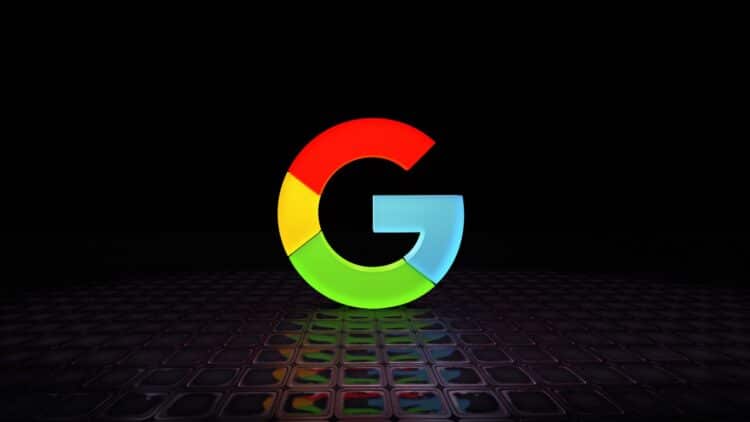The European Union and Google are currently at odds. The European Commission announced it will impose a €2.95 billion fine on the technology company for anticompetitive practices in the digital advertising sector, known as adtech. Authorities are already preparing to apply the first penalty under the new regulation called the DMA (Digital Markets Act), which is in place to limit the power of so-called “big techs.” This news has stirred up the technology sector, and it is expected to impact the future of digital regulation on the continent.
Google will face the burden of a billion-dollar fine
While €2.95 billion is indeed a significant amount to pay, it is being seen as more than just another significant figure in the European Union’s history of sanctions against large companies. This fine carries a clear message: self-serving practices will not be tolerated by regulators. The ongoing investigation uncovered that, since 2014, Google had been using its advertising systems to benefit its own advertising auction, AdX, to the detriment of competitors.
This meant that, in practice, when advertisers or publishers sought digital ad space, Google’s tools favored the platform itself. This reduced competition and also allowed the company to charge higher rates to these advertisers. For consumers, the impact is indirect, with less ad diversity, higher advertising costs, and, ultimately, more expensive products and services.
Following this, the Commission imposed the fine and also ordered Google to change its practices. The company now has 60 days to submit a new proposal and resolve what was classified as a conflict during the investigation.
What is the DMA and why does it matter now?
The DMA stands for Digital Markets Act, the name of this new European Union law, which was created to limit abusive practices by large technology and digital companies, known as “gatekeepers.” The goal of this rule is to ensure fairer competition by preventing large companies in the sector, such as Google, Apple, Amazon, and Meta, from controlling essential digital markets alone.
The current case against Google, the company being fined under this law, has become even more relevant because it is one of the first in which the Commission is applying penalties under this law. In addition to this billion-dollar fine that has already been announced, the company may also face additional sanctions specific to the DMA.
Impacts on the market and consumers
Currently, digital advertising is one of the main drivers of sales and monetization on the modern internet. Every banner that appears on a news site, every ad within an app, or every suggested offer in a video passes, at some point, through systems like those controlled by Google. When a company like this holds so much power, there’s a risk that the digital market will become unequal.
This EU decision is based on this, and it’s expected that the advertising technology (adtech) market will now be forced to open up further, offering more options for companies within this competition. Now these competitors will be able to compete on more equal and fair conditions, and professionals like publishers — online newspapers and smaller apps — will have greater room to negotiate prices and profits.
Impact and next steps
Google’s stance is to analyze the law’s decision and consider appropriate measures. The company has a history of appealing penalties imposed by the European Union, but the current environment is different because the DMA has created new rules that limit the company’s ability to respond.
This EU decision against Google shows how regulators are willing to go beyond symbolic fines and change the structure of large digital platforms. The DMA introduces new rules and reinforces the idea that no company can be above its own market.


